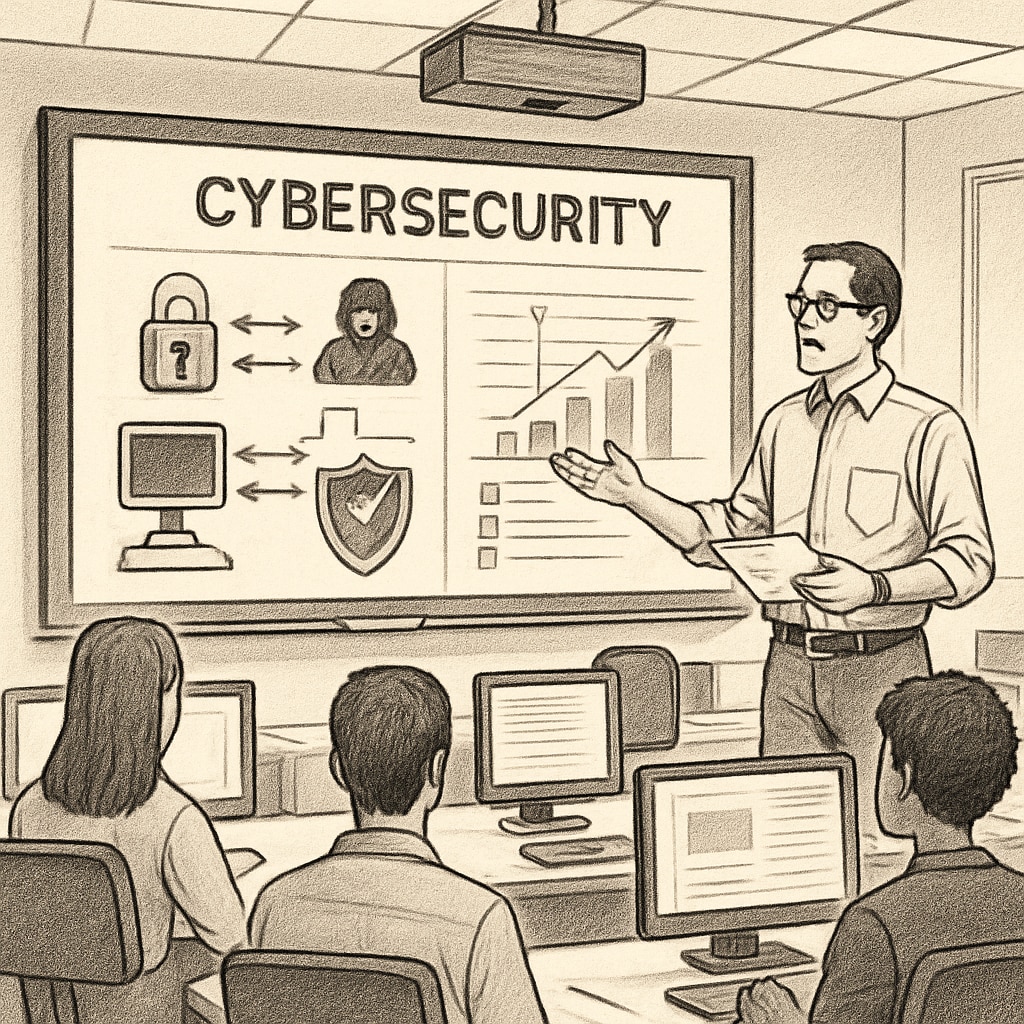The importance of university reputation, career prospects, and cybersecurity has become a central discussion point as the demand for skilled cybersecurity professionals continues to grow. Parents and K12 students are increasingly focused on selecting educational pathways that will effectively prepare them for this competitive field. However, one critical question persists: does a prestigious university truly pave the way for a successful cybersecurity career, or do practical skills and hands-on experience matter more?
How University Reputation Impacts Cybersecurity Careers
University reputation often plays a significant role in hiring decisions. Prestigious institutions with a strong academic standing are more likely to catch the attention of employers. These universities often have robust alumni networks, exclusive internship opportunities, and partnerships with leading tech companies, giving graduates a competitive edge.
For example, schools like MIT and Stanford are renowned for their computer science and cybersecurity programs. Graduating from such institutions may signal to employers that candidates have received top-tier education and training. Additionally, their names alone may enhance a resume’s visibility during the hiring process.

The Balance Between Prestige and Practical Skills
While attending a university with a strong reputation can be advantageous, it is not the sole factor determining career success in cybersecurity. Practical skills and certifications often carry equal, if not more, weight in this specialized field. Employers frequently look for candidates with hands-on experience in areas such as penetration testing, ethical hacking, and incident response. As a result, students should consider programs that emphasize real-world applications and technical proficiency.
An excellent example is the growing value of industry-recognized certifications such as CompTIA Security+, Certified Information Systems Security Professional (CISSP), and Certified Ethical Hacker (CEH). These credentials demonstrate a candidate’s expertise and can supplement, or even substitute, the prestige of a university degree.

Choosing the Right Educational Path
For K12 students interested in cybersecurity, evaluating both university reputation and practical training opportunities is crucial. Here are some actionable steps for making an informed decision:
- Research universities with strong cybersecurity programs and track records of success in job placements.
- Explore internship opportunities and partnerships with tech companies offered by universities.
- Consider alternative routes such as community colleges or online programs that emphasize certifications and skills.
- Look for institutions with hands-on labs, competitions, and project-based learning to build real-world expertise.
As cybersecurity threats evolve, the industry increasingly prioritizes practical skills over theoretical knowledge alone. Therefore, students should aim to strike a balance between academic prestige and technical mastery.
The Future of Cybersecurity Careers
With the global cybersecurity market projected to grow significantly, the demand for skilled professionals will only intensify. Universities with strong reputations will likely continue to attract attention, but the industry’s emphasis on certifications and experience will also gain momentum. This dual focus creates opportunities for students from diverse educational backgrounds to excel in the field.
Ultimately, students should evaluate their goals and resources carefully. Whether attending a prestigious university or pursuing certifications and hands-on training, the key to a successful cybersecurity career lies in adaptability and continuous learning.
Readability guidance: Use short paragraphs to summarize key points. Incorporate lists to organize actionable steps. Maintain a balance between technical terms and accessible language to engage readers effectively.


